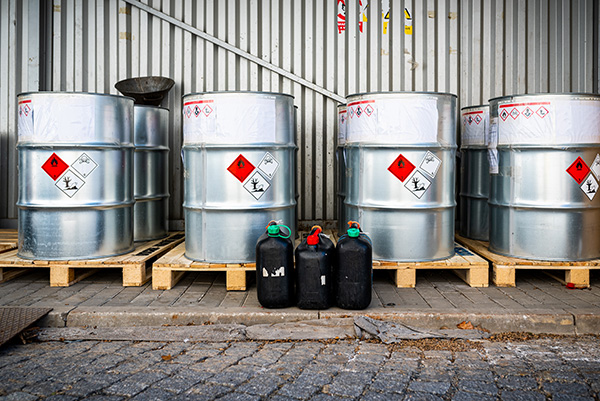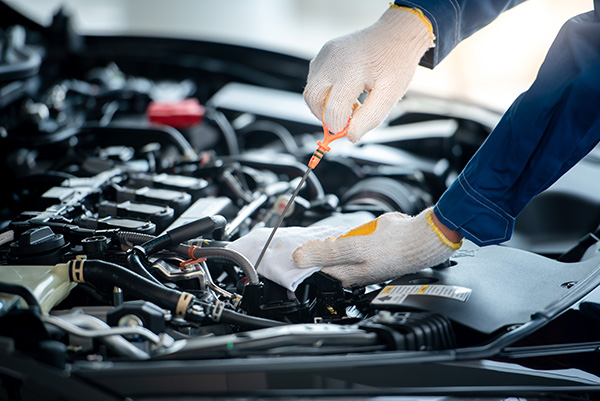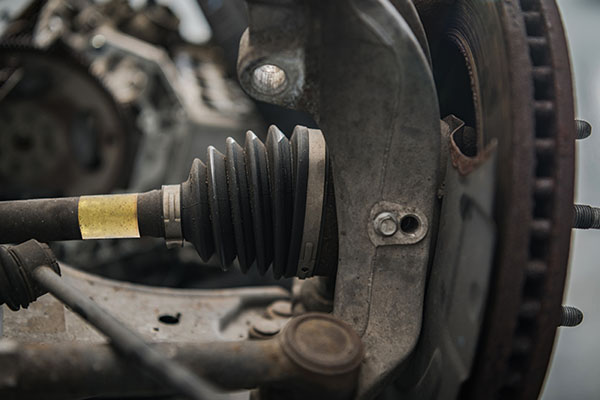Posted on 7/29/2024

Have you ever wondered what happens to the used oil after an oil change? You might be curious about where this seemingly dirty, useless substance ends up. Is it just thrown away, or does it have a second life? Understanding the journey of used oil can provide insights into environmental practices and the importance of proper disposal. So, let's explore where the oil used in your car goes and why it matters. The Collection Process When you take your car to a service center for an oil change, the old, dirty oil is drained from your engine. This used oil is collected in a large, designated container to ensure it doesn't spill or contaminate the environment. Service centers follow strict regulations for storing used oil, preventing it from leaking into the ground or water supplies. After enough used oil accumulates, it's collected by specialize ... read more
Posted on 6/28/2024

Driving can be both exhilarating and nerve-wracking, especially when navigating busy streets and packed parking lots. Whether you're a seasoned driver or a newbie, there's always room for improvement when it comes to driving safely and parking efficiently. Let's explore seven essential tips to enhance your driving skills and make parking a breeze. Stay Focused and Minimize Distractions We all know the dangers of distracted driving, yet it's easy to fall into the trap of checking your phone or adjusting the radio. Staying focused on the road is crucial for your safety and the safety of others. Keep your eyes on the road, your hands on the wheel, and your mind on driving. If you need to use your phone, make sure it's connected to a hands-free system or pull over to a safe spot. Remember, even a quick glance away from the road can lead to a serious accident. Maintain a Safe Following Distance Tailgating is not only annoying but als ... read more
Posted on 5/31/2024

Have you ever stepped into a car on a sweltering summer day and felt like you were walking into an oven? The color of your car can significantly impact how hot it gets in the sun. If you're curious about which car colors stay cooler in hot weather and why, you're in the right place. Let's explore the science behind car colors and heat absorption and find out which hues can help you stay cool on those scorching days. Heat Absorption and Color Darker colors absorb more light and, consequently, more heat, while lighter colors reflect most of the light and heat away. This basic principle is why wearing a black shirt on a sunny day feels much hotter than wearing a white one. The Coolest Car Colors in Hot Weather When it comes to keeping your car cooler in hot weather, the general rule is that lighter colors are better. Let's break down some of the top choices. 1. White White is one of the best colors for reflecting sunl ... read more
Posted on 4/29/2024

You've heard the saying, "An ounce of prevention is worth a pound of cure." Well, that couldn't be more true when it comes to your car. Preventative car maintenance involves taking proactive steps to keep your vehicle in top condition rather than waiting for problems to arise. But what exactly does preventative maintenance entail, and why should you bother? Understanding Preventative Car Maintenance Preventative car maintenance encompasses a range of tasks designed to identify and address potential issues before they escalate into costly repairs. This includes regular inspections, fluid checks and changes, tire rotations, brake inspections, and more. By staying ahead of maintenance schedules and promptly addressing minor issues, you can prevent more significant, more expensive problems. Benefits of Preventative Maintenance The benefits o ... read more
Posted on 3/20/2024

Ball joints may be inconspicuous, but they play a pivotal role in your car's suspension system. These small, spherical components connect the control arms to the steering knuckles, facilitating the smooth movement of your vehicle's wheels. Their design allows for flexibility and controlled articulation, enabling the wheels to move up and down while responding to steering input. What Do Ball Joints Do in Your Vehicle? Ball joints are integral to the proper functioning of your car's suspension system, providing essential connections between various components. Here's a breakdown of their crucial roles: 1. Facilitating Movement Ball joints allow controlled movement of the suspension components, enabling the wheels to move vertically in response to road imperfections. This flexibility ensures a smoother ride and improved handling. 2. Steering Responsivene ... read more